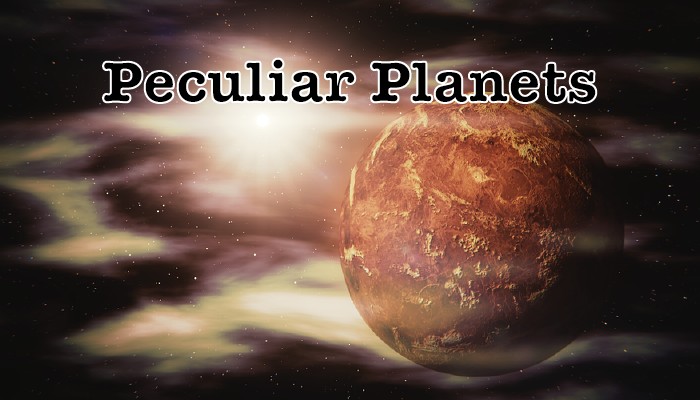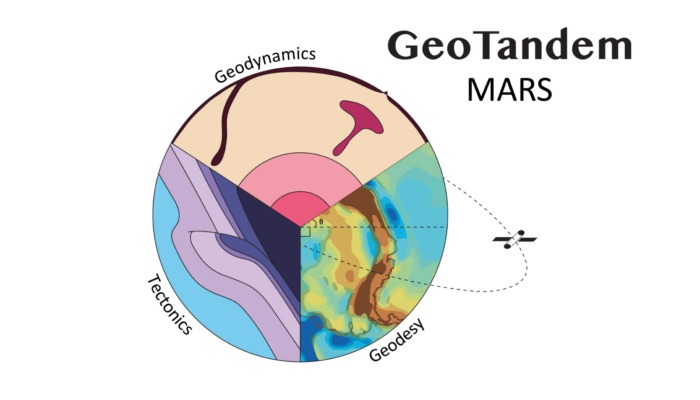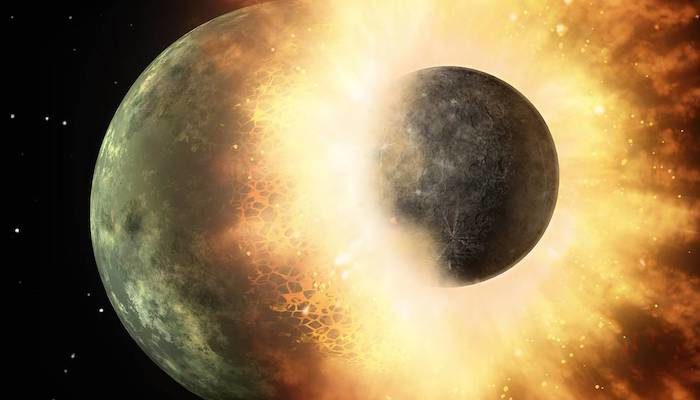Welcome to the first of its kind, the Geotandem 01! A collaborative series between EGU divisions. Interdisciplinarity is intrinsic to Geosciences, so we want to showcase how researchers approach the same topics from different but also complementing perspectives. In each edition, we will bring you a high-interest topic for the community seen from the eyes of diverse disciplines. Today, the Tectonic ...[Read More]
The two faces of Mars
In this week’s blog post, we will learn more about the past of our neighbouring planet Mars. Kar Wai Cheng, PhD student at the Institute of Geophysics at ETH Zurich, is talking about the Martian dichotomy and how it could have formed. Humans have recognized Mars for a very long time. One of the earliest records of Mars is seen on a skymap in the tomb of an ancient Egyptian astronomer. By tha ...[Read More]
What happens when two worlds collide?
Why does the Moon have a very small core and Mercury one that makes up roughly 85% of the planet’s radius? Why are humans doing research in geoscience and not some evolved version of dinosaurs? In this week’s blog post, Harry Ballantyne, PhD student at the Department of Space and Planetary Sciences at the University of Bern, is talking about large-scale collisions and how they can answ ...[Read More]
Oceans on Mars: the geodynamic record

Apart from our own planet Earth, there are a lot of Peculiar Planets out there! In this series we take a look at a planetary body or system worthy of our geodynamic attention, and this week we are back to our own solar system, more precisely to our neighbour Mars. In this post, Robert Citron, PhD student at the University of California, Berkeley, writes about the links between oceans, shorelines, ...[Read More]



